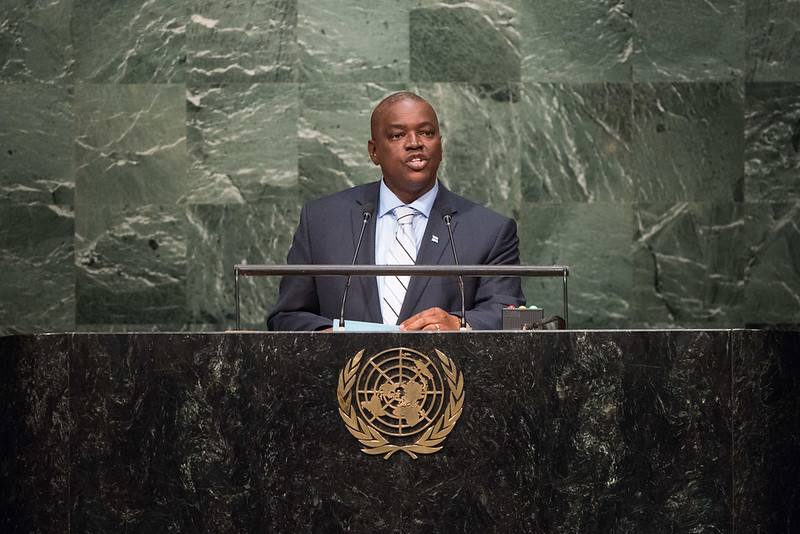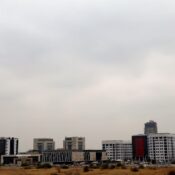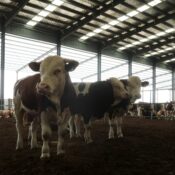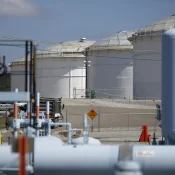
Voters in diamond-rich Botswana support President Masisi’s bid for a second term
On Wednesday, the diamond-rich southern African nation of Botswana will hold a general election in which President Mokgweetsi Masisi will face three opponents for a second term.
According to observers, the vote might be competitive, but Masisi’s Botswana Democratic Party (BDP), which has controlled the 2.3 million-person nation since gaining independence from Britain in 1966, benefits from a fragmented opposition.
Because of its diamond wealth and tiny population, which receives free healthcare and education, Botswana has experienced stability and relative prosperity. Based on the gem’s worth, it is the world’s leading producer.
However, the government has had difficulty diversifying its economy in recent years due to a decline in the diamond market, which has squeezed income. Critics claim the BDP has been in power for too long and accuse it of corruption and poor economic management, both of which it disputes.
“Yes, our revenues are down, but the economic fundamentals still remain intact,” Masisi stated during a presidential debate last week, referring to the fact that our diamonds have not been sold since April.
“We are going to continue with the projects and policies we have come up with that are aimed at putting more money and wealth into the hands of the citizens of this country,” he stated.
Negotiating a new agreement with the massive diamond company De Beers that would increase Botswana’s portion of its raw diamonds was one of his first term’s accomplishments. In order to support farmers, he also reinstated a prohibition on the import of certain product goods and restored the ban on elephant hunting, which he claims aids rural areas.
Duma Boko of the opposition group Umbrella for Democratic Change (UDC) is his principal opponent.
Supported by former President Ian Khama, who left the BDP following a dispute with Masisi over the removal of the hunting prohibition and other matters, the other contenders are Mephato Reatile of the Botswana Patriotic Front and Dumelang Saleshando of the Botswana Congress Party.
Masisi’s economic performance has come under fire from critics, who point to the country’s increasing unemployment rate of over 28%.
“It is not acceptable that a country such as ours which is the fifth richest per capita in Africa still has so many people living in poverty,” Boko said during the discussion.
According to World Bank data, Botswana actually has the fourth-highest GDP per capita among sub-Saharan African nations.
Boko has promised to enhance social assistance and more than double the minimum wage, claiming he will raise the funds by cutting back on unnecessary spending.
Despite experiencing a decline in popularity, the BDP still holds a sizable majority in parliament after winning 38 of the 57 seats up for grabs in 2019. Fifteen seats went to the UDC. In Botswana, legislators are chosen by voters, who then choose the president.
Lack of finance, according to analysts, cripples the opposition.
“The playing field is not even,” stated Ringisai Chikohomero of the Institute for Security Studies in South Africa.
The opposition contested the results in the High Court after the previous election, claiming fraud, but the court rejected their argument.
All Categories
Recent Posts
Tags
+13162306000
zoneyetu@yahoo.com



